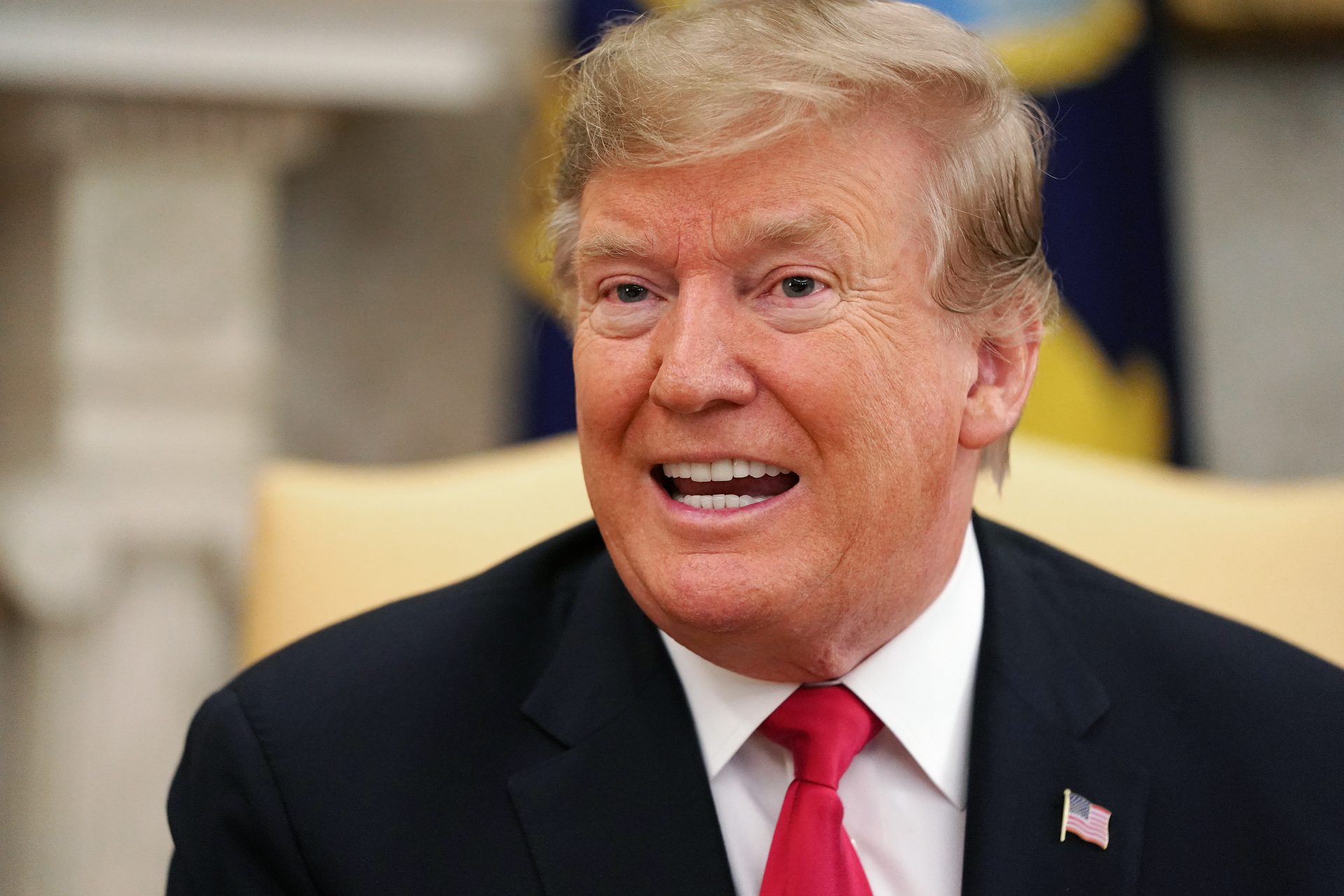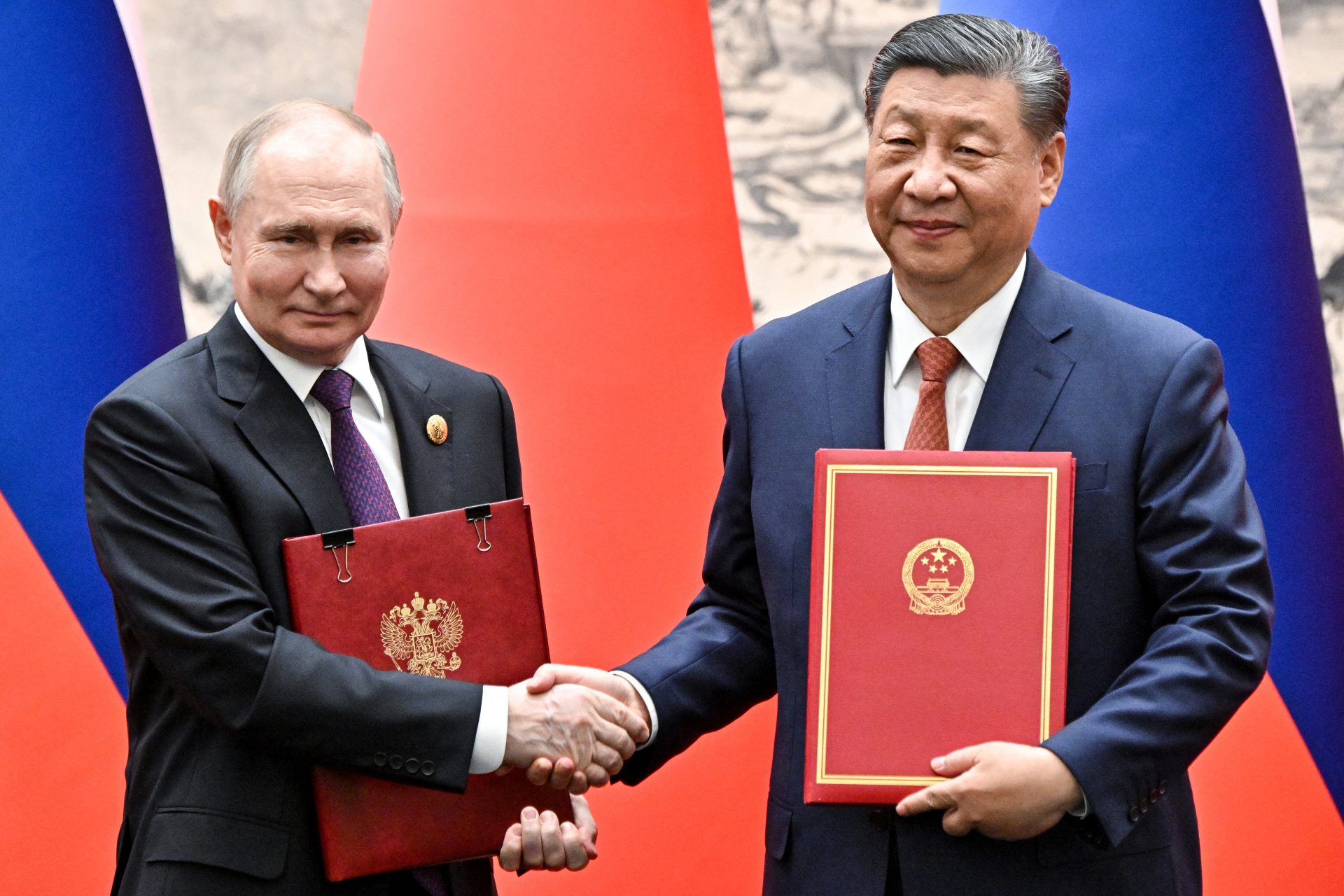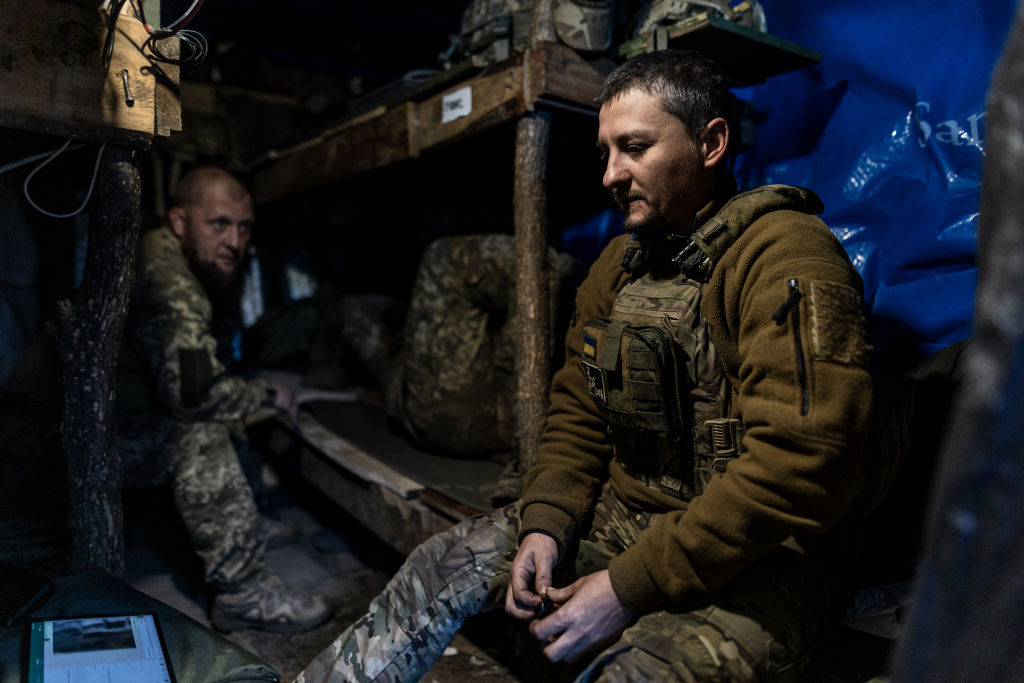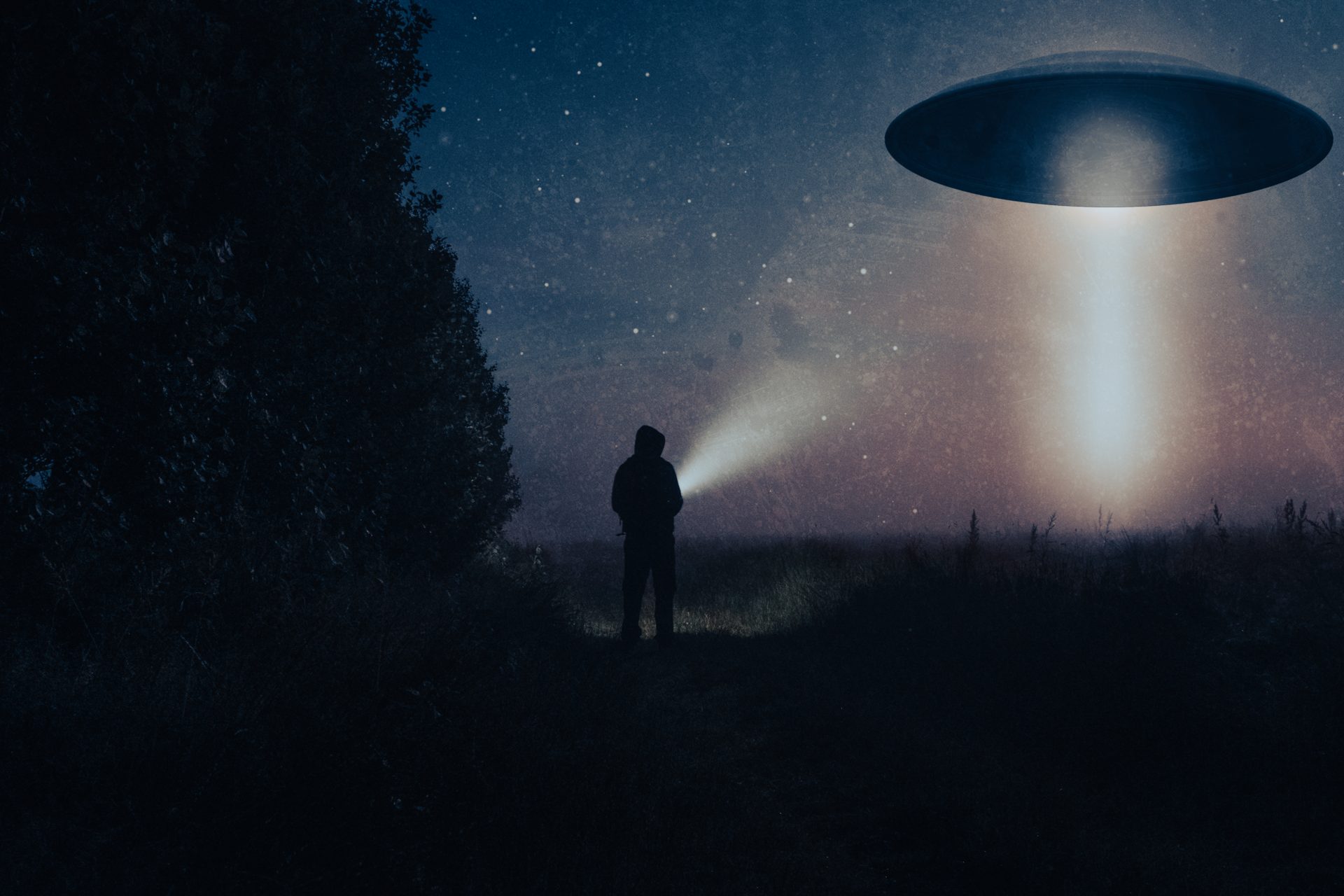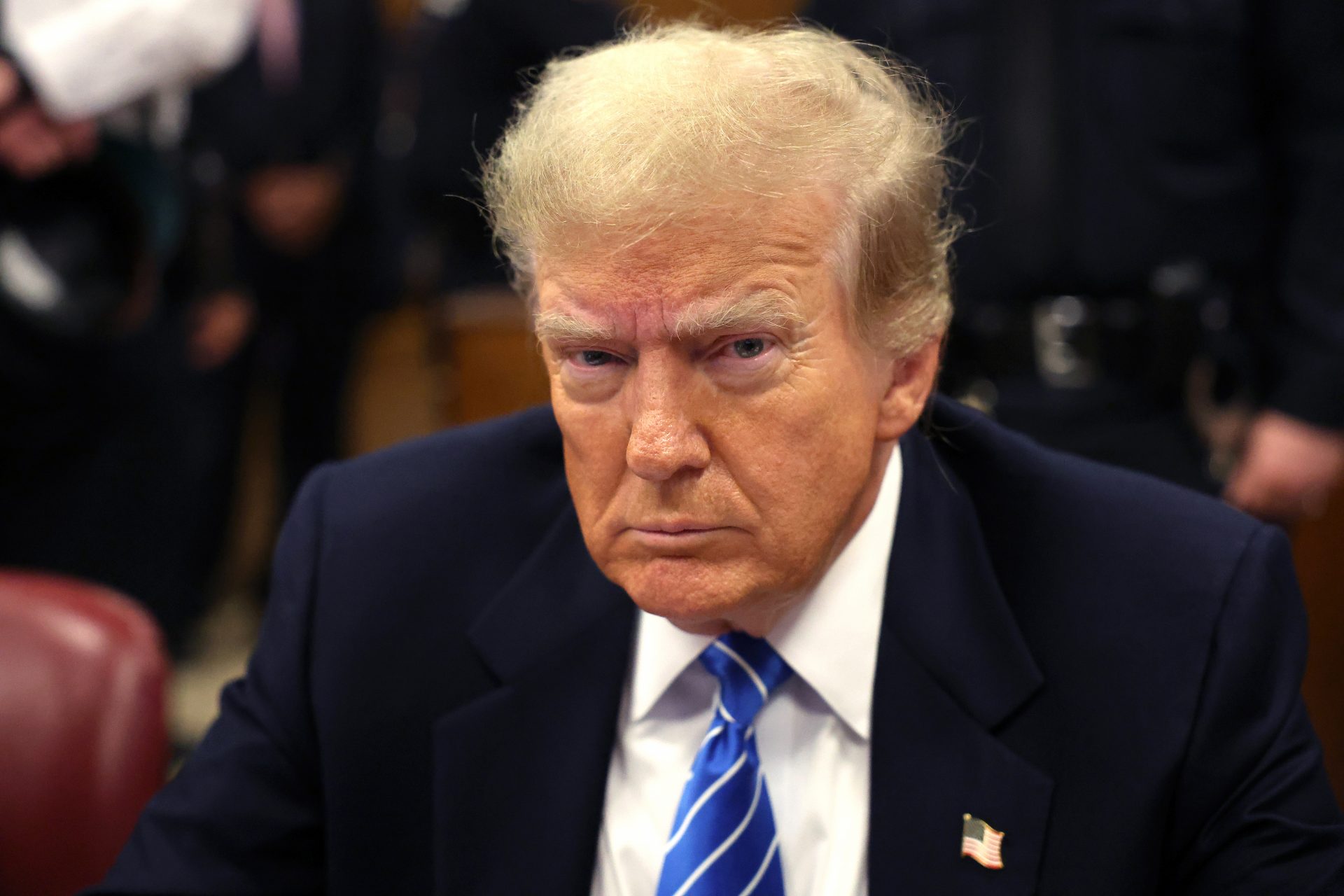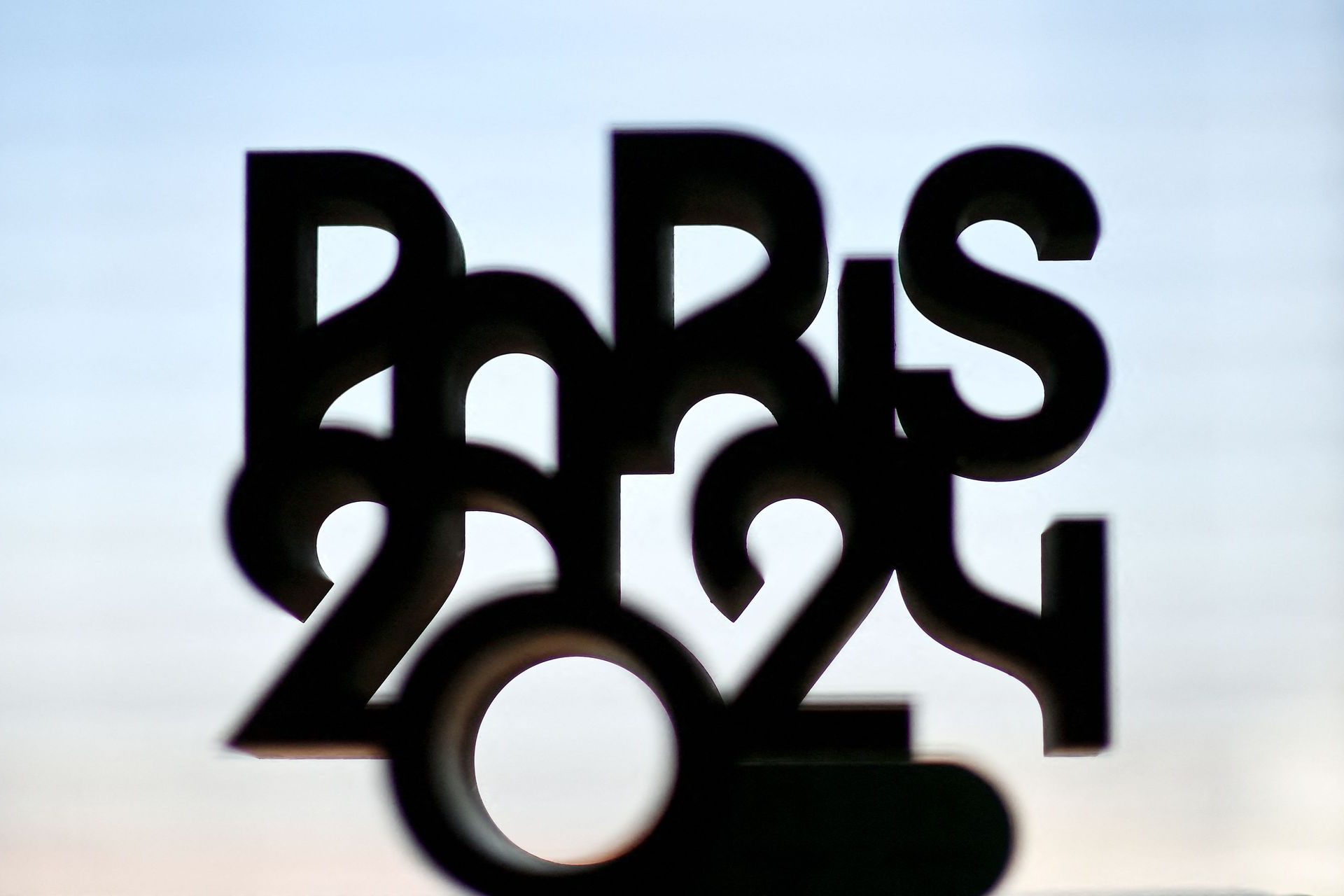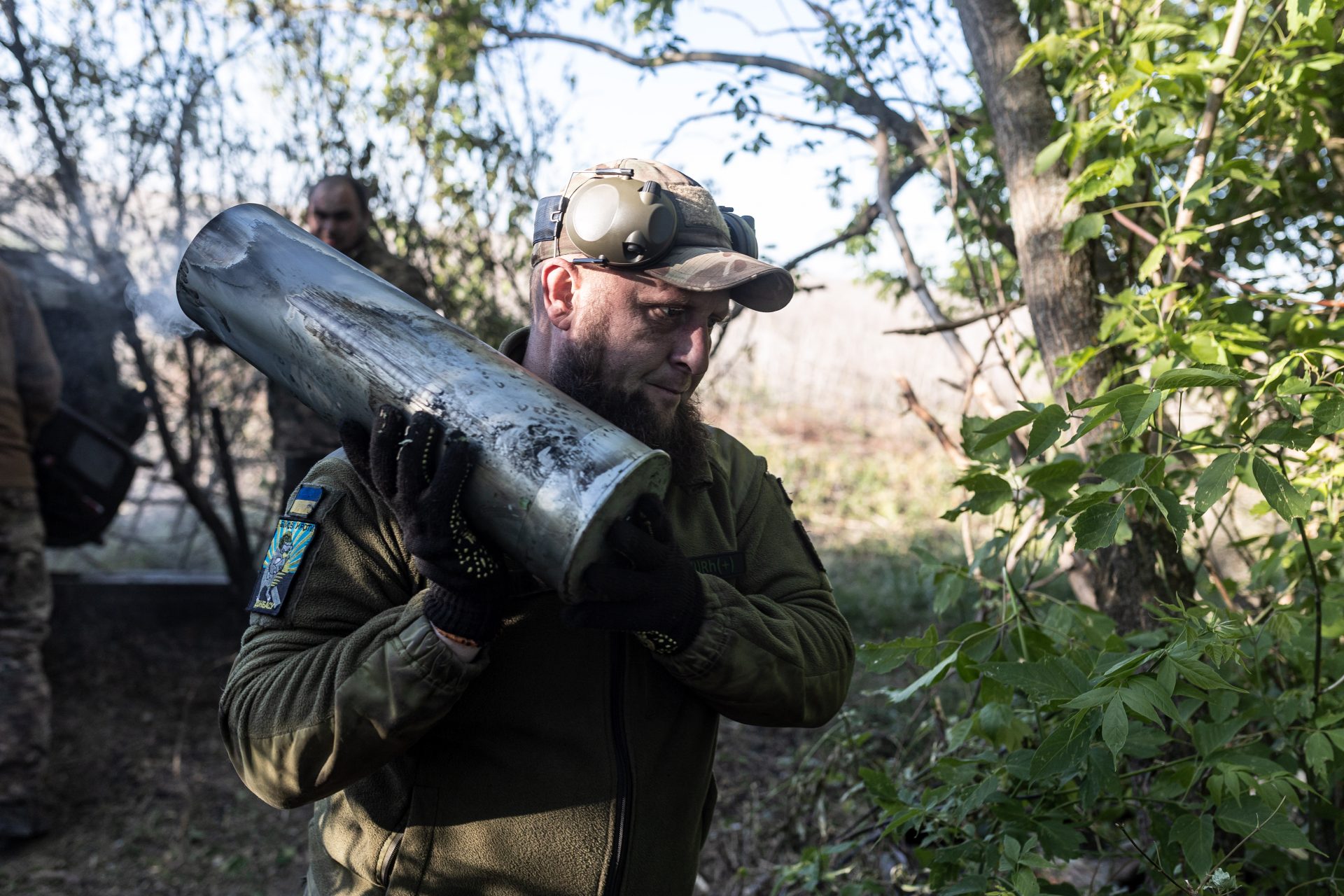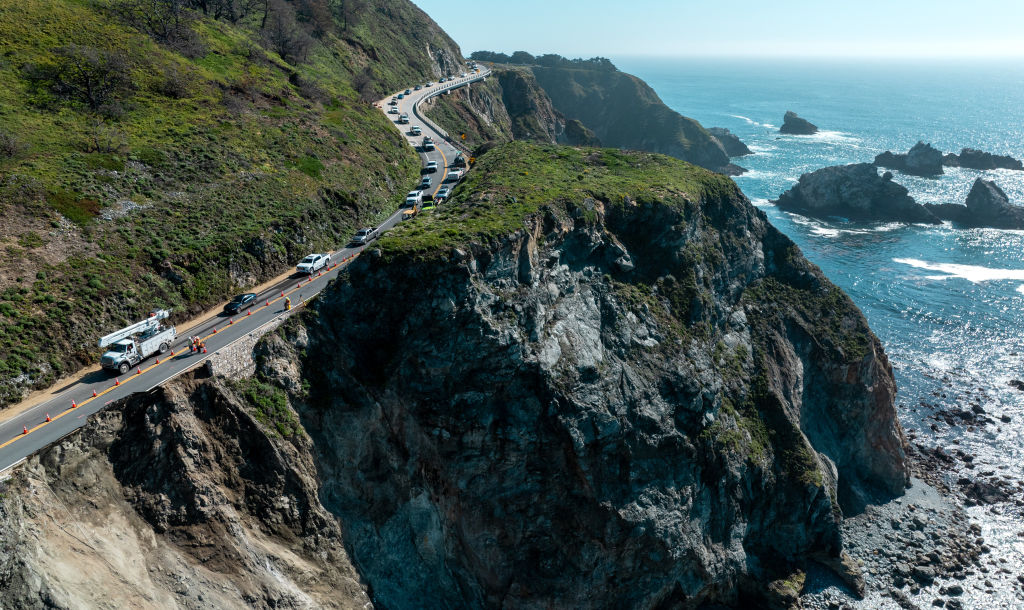Alexandria Ocasio-Cortez: her biggest political moments so far
She's a young politician who's managed to go viral several times in the past years. An example is her political statement at the 2021 MET Gala, the museum's fundraising event for which celebrities wear incredible designer couture.
What did Alexandria Ocasio-Cortez wear to the gala?
A dress that said: "Tax the Rich."
It was a message very much in line with the politics of the Democratic Party's left wing to which AOC belongs.
Only 31 years old, she is a rising star in the Democratic Party. Let's have a look at the turning points of her political career in a list based on the analyses of 'The Independent,' 'The Guardian,' and the 'New York Times.'
Alexandria Ocasio-Cortez was born in the Bronx, New York, on October 13, 1989. She was raised in a Catholic working-class family with Puerto Rican origins. AOC had one younger brother, Gabriel. Her childhood in the Bronx and Yorktown made her aware of inequalities between different neighbourhoods.
After her father passed away in 2008, her mother and Alexandria had to make ends meet with odd jobs. Mother Blanca cleaned apartments and drove school buses, while AOC worked as a bartender and waitress in a taco restaurant.
Ocasio-Cortez studied at Boston University and graduated with honours in international relations and economics in 2011. She was engaged in student activism throughout her college years.
As a student, AOC interned in Senator Ted Kennedy's office of foreign affairs and immigration. "I was the only Spanish speaker," she recalled in an interview with Mic.com. "Whenever a frantic call would come into the office because someone is looking for their husband because they have been snatched off the street by ICE, I was the one that had to pick up that phone." She learned first-hand about the struggles of undocumented people in the U.S.
Ocasio-Cortez played an active role in the Democratic primaries for the 2016 presidential election as an organizer for Bernie Sanders' campaign. Both of them are united in their efforts to shift the Democratic Party to the left. Ocasio-Cortez describes herself as a 'democratic socialist.'
When the campaign for Bernie Sanders was over, Ocasio-Ortez decided to travel through the United States. She visited Native American reservations and the impoverished town of Flint, Michigan, among others, to learn more about the problems of poor and minority groups.
In April 2018, Alexandria Ocasio-Cortez decided to run for Congress. She wanted to represent the 14th congressional district of New York, which includes Queens and the Bronx. As she didn't have as much money as most candidates, she ran a grassroots campaign with young members of the Democratic Party.
In June 2018, AOC became the Democratic candidate for the 14th district after defeating incumbent Joseph Crowley. Her opponent was an established candidate with 20 years of experience, and papers like The Guardian considered the young Latina's victory as "one of the biggest upsets in recent American political history."
Then, in November 2018, the 29-year old bartender beat her Republican opponent for the Congressional seat, Anthony Pappas, with 75% of the votes.
Once Alexandria Ocasio-Cortez became part of the new Democratic majority in Congress, her political impact and constant presence in the media led the press to refer to the congresswoman with the letters 'AOC'. Of course, it was practical to abbreviate her long name, but fans couldn't help but compare AOC to the acronyms of other political figures, such as JFK (John Fitzgerald Kennedy) and FDR (Franklin Delano Roosevelt).
From the moment she became successful, Alexandria Ocasio-Cortez was under attack by conservative media and politicians. Right before her term as congresswoman, an anonymous account posted a video on Twitter of AOC dancing to pop music. While meant to ridicule and discredit her, the leaking of the video backfired because many people actually really liked it.
AOC usually has a response ready to unfriendly male colleagues. When congressmen booed her for wearing white clothes and voting for Speaker Nancy Pelosi in celebration of women's suffrage, she tweeted to them: "Don’t hate me cause you ain't me, fellas."
Her clapbacks on social media and challenges to established politicians and business leaders have created several viral moments for the young congresswoman. She especially takes a stand when women or people of color are under fire.
Just a few months in office, AOC began to popularize the idea of a 'Green New Deal': a set of policies to improve social and economic conditions while simultaneously tackling climate change. The program builds upon the historic New Deal from Democratic president FDR in the 1930s and adds the environmental component that the current situation demands.
When Donald Trump's lawyer appeared in front of Congress to testify about his employer's finances, most of Ocasio-Cortez's colleagues asked vague questions and held speeches during their questioning time. Not AOC. She asked him concretely whether Trump had falsified his financial data and got a straight "yes" out of the lawyer. She was praised for her questioning skills.
Together with three other new Democratic and likeminded congresswomen, Ocasio-Cortez forms what reporters and politicans call "the Squad." All four are young women of colour: Ilhan Omar from Minnesota, Ayanna Pressley from Massachusetts (in the photo), AOC, and Rashida Tlaib from Michigan. President Trump attacked the group in the summer of 2019, tweeting that they should "go back and help fix" the countries they came from instead of criticizing the American government. In a famous clapback, AOC reminded him that all four women were born in the U.S., and that "we don't leave the things that we love."
When Facebook CEO Mark Zuckerberg appeared in front of the congressional Financial Services Committee in late 2019, he expected to get questions about his new cryptocurrency, the Libra. But not from AOC. She grilled the social media man about fake news and false political advertising on his platform. He had to admit, stammering, that Facebook did indeed help publish lies.
When reports came out of Texas that undocumented immigrants were separated from their families and suffering unhealthy conditions in American detention centres, AOC went to see things for herself. Soon, pictures appeared of the congresswoman with tears in her eyes, railing against the "systemic cruelty and inhumane conditions... where women were forced to drink from toilets because they lacked access to water," The Independent reports. Critics and opponents called it a media performance and claimed she used the border crisis for her own political gain.
During the COVID-19 pandemic, AOC was concerned about her badly hit district in New York as well as vulnerable people in other parts of the country. With organizer Mariame Kaba, she started a 'mutual aid' project: Groups of people in the same building or block could work together to get groceries, medicine, and other necessities for neighbours who were unable to leave their homes.
The grassroots campaign for COVID-19 aid is one example of Ocasio-Cortez's regular meetings and interactions with citizens. She is also known for her live question-and-answer sessions and stories in which she gives "a rare, unscripted glimpse into political life," The Independent says. AOC has nearly 5 million followers on Instagram and 7.5 million on Twitter.
Alexandria Ocasio-Cortez is both radical in her politics, compared to other American politicians, and highly popular. Her videos and tweets often go viral, and at some points in 2019 she even got more social media coverage than the 2020 presidential candidates, AP reports. For these reasons, The Independent says she is "one of the most influential political figures in the U.S."
Critics say that AOC simply plays a handy media game. Some political opponents also speak of her with admiration, though. Steve Bannon, for example, praises her "competitive heart - the combination of grit, determination and fighting spirit that you can't coach. You either have it or you don't, and she has it big league."
One of AOC's viral moments was in July 2020, when she condemned Florida Republican congressman Ted Yoho for his offensive remarks against her. "Representative Yoho called me, and I quote, “a f****** b**ch," she said in an official speech on the House floor. "These were the words that Representative Yoho levied against a congresswoman ... that represents ... every woman in this country. Because all of us have had to deal with this in some form, ... at some point in our lives."
It began with a small chat on the steps of the Capitol, a few days earlier. Ted Yoho approached Alexandria Ocasio-Cortez to tell her he was "disgusted" with her viewpoints about crime in New York. When he left the conversation, he let out the infamous slur to the congresswoman, right in front of reporters.
A few days later, Alexandria Ocasio-Cortez took the House floor to talk about the insult. "Mr. Yoho mentioned that he has a wife and two daughters," she said. "I am two years younger than Mr. Yoho’s youngest daughter. I am someone’s daughter, too. ... I am here because I have to show my parents that... they did not raise me to accept abuse from men."
On January 6, 2021, Alexandria Ocasio-Cortez had to hide with colleagues and staff in an office in the Capitol building while rioters fought their way to the Senate Chamber and tried to confront lawmakers about the election Donald Trump had lost.
She later uploaded an Instagram story, telling about her harrowing experience on January 6. She also revealed that being threatened by an approaching group of rioters reminded her of an incident in her past when she had been assaulted. It was a powerful statement in the face of comments downplaying the riot as a harmless feast. In addition, it helped raise awareness of the experiences of assault victims.
In several pivotal moments, AOC has managed to use attacks from political opponents to her own advantage. The Capitol riot showed her that online or offline bullying can lead to dangerous situations. She has therefore emphasized the importance of protecting democratic government while also continuing her advocacy for the weak and poor in society.
More for you
Top Stories


































